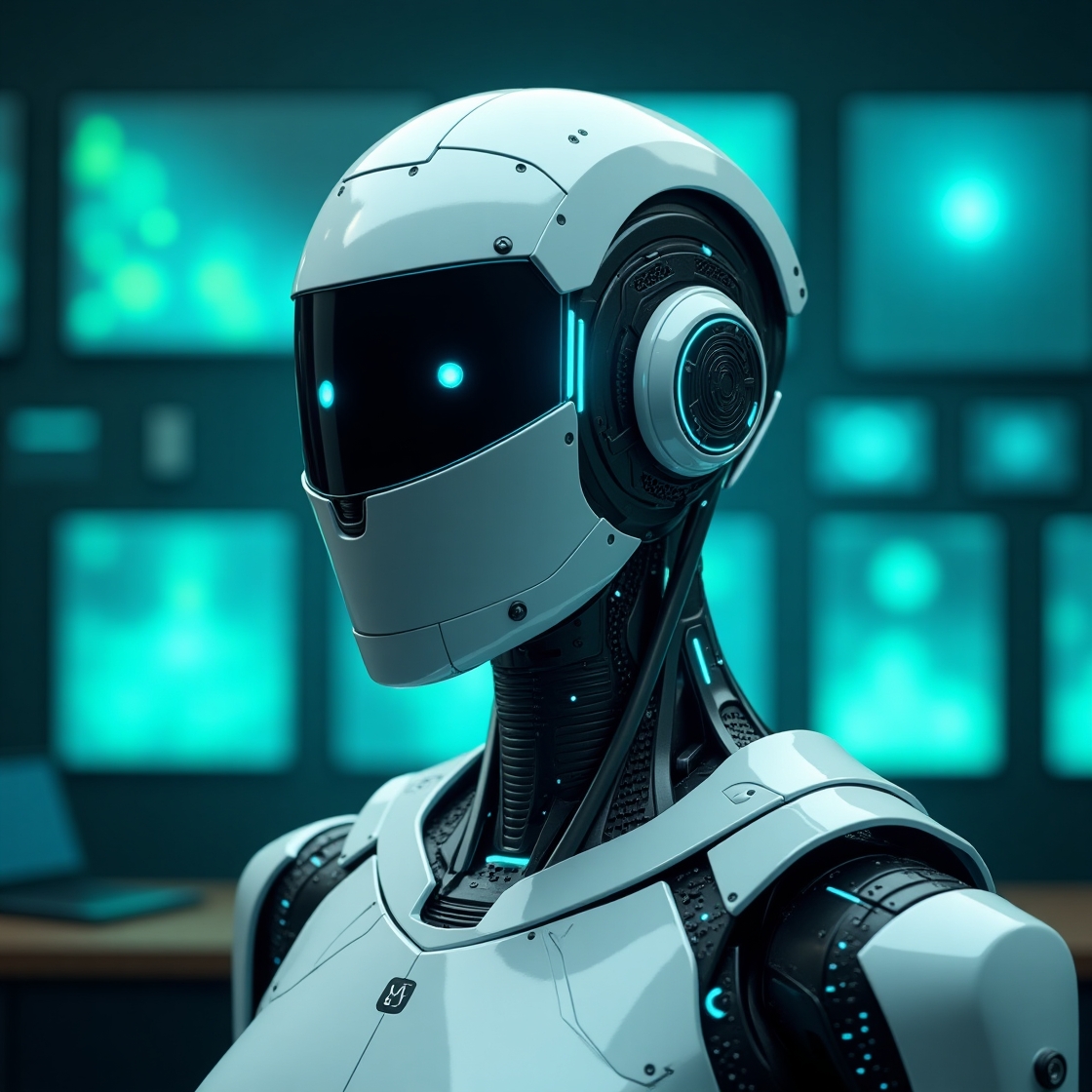"By 2027, 40% of test automation will be handled by AI agents, but only 15% of enterprises will be fully prepared for the security implications." - Gartner Research, 2024
1. The AI Agent Revolution in Testing
The testing automation industry is undergoing a fundamental transformation. We've moved from manual testing to automated scripts, then to AI-powered test generation, and now we're entering the era of autonomous AI agents that can think, reason, and act independently in testing scenarios.
According to Gartner's 2024 Hype Cycle for Software Engineering, AI agents in testing automation are currently at the "Peak of Inflated Expectations," with mainstream adoption expected within 2-5 years. But what does this mean for enterprises, and are they ready for this shift?
The Reality Check
While AI agents promise unprecedented automation capabilities, 73% of enterprises cite security concerns and data privacy as major barriers to adoption, according to Forrester Research.
2. What Are AI Agents in Testing?
AI agents in testing automation are intelligent software entities that can:
Core Capabilities of AI Testing Agents
Autonomous Decision Making
Agents can analyze application changes and autonomously decide what tests to create, modify, or remove.
Self-Healing & Adaptation
Automatically fix broken tests and adapt to UI/API changes without human intervention.
Intelligent Test Discovery
Discover new test scenarios by analyzing user behavior and application patterns.
Predictive Analytics
Predict which areas are likely to break and proactively create tests for them.
3. Industry Trends and Market Analysis
Based on recent research from Gartner, Forrester, and IDC, here are the key trends shaping the AI agent testing market:
📈 Market Growth Projections
🎯 Key Industry Trends
- Multi-Modal AI Agents: Combining text, visual, and code understanding for comprehensive testing
- Federated Learning: AI agents that learn from multiple organizations while preserving data privacy
- Explainable AI: Agents that can explain their testing decisions and reasoning
- Edge Testing: AI agents deployed on edge devices for real-time testing
- Quantum-Ready Testing: Preparing for quantum computing's impact on testing
4. The Security Challenge: Data Privacy and LLM Concerns
One of the biggest barriers to AI agent adoption in testing is the security and privacy implications of using Large Language Models (LLMs) and AI services.
🔒 Critical Security Concerns
Enterprise Security Barriers
Data Leakage
Sensitive application data being sent to external LLM providers
Privacy Compliance
GDPR, CCPA, and industry-specific regulations
Model Security
Prompt injection attacks and model manipulation
Network Vulnerabilities
API security and communication channels
🏢 Enterprise Readiness Assessment
According to a 2024 survey by Deloitte, enterprise readiness for AI agent testing varies significantly:
Enterprise AI Agent Readiness (Deloitte, 2024)
5. Solutions and Mitigation Strategies
Despite the challenges, several strategies are emerging to address security and privacy concerns:
🛡️ Security-First Approaches
On-Premise LLMs
Deploying LLMs within enterprise firewalls to keep data local and secure.
Data Sanitization
Removing sensitive information before sending data to external AI services.
Private APIs
Using private API endpoints with enhanced security and data protection.
Zero-Knowledge Proofs
Proving test results without revealing underlying data or logic.
📋 Implementation Roadmap
For enterprises considering AI agent testing, here's a recommended adoption roadmap:
Phased AI Agent Adoption Strategy
Assessment
Security audit, data classification, pilot planning
Pilot
Limited scope, non-critical applications
Scale
Expanded deployment, integration
Optimize
Full automation, continuous improvement
6. The Future: 2025-2030 Predictions
Based on industry research and technology trends, here's what we can expect in the next 5-10 years:
🔮 Short-Term (2025-2027)
- Hybrid AI Agents: Combination of rule-based and AI-powered testing
- Industry-Specific Solutions: Tailored AI agents for healthcare, finance, automotive
- Regulatory Frameworks: New standards for AI testing security and compliance
- Edge AI Testing: AI agents deployed on IoT and edge devices
🚀 Long-Term (2028-2030)
- Autonomous Testing Ecosystems: Self-managing testing environments
- Quantum AI Testing: Quantum computing-powered testing agents
- Cross-Platform Intelligence: AI agents that work across multiple platforms simultaneously
- Predictive Quality Assurance: AI that predicts and prevents quality issues before they occur
7. TestNeo.ai's Role in the AI Agent Ecosystem
As the testing automation industry evolves toward AI agents, TestNeo.ai is positioned to address the key challenges enterprises face:
🎯 Our Approach to Security and Privacy
TestNeo.ai's Security-First Strategy
Data Privacy
Secure data handling with encryption and access controls
Secure APIs
Enterprise-grade security with authentication and authorization
Transparency
Explainable AI decisions and audit trails
Compliance
Working towards GDPR, SOC 2, and industry compliance
8. Conclusion: Navigating the AI Agent Future
The future of testing automation is undeniably AI agent-driven, but the path to adoption requires careful consideration of security, privacy, and enterprise readiness.
Key takeaways for enterprises:
- Start Small: Begin with pilot programs on non-critical applications
- Security First: Implement robust security measures before scaling
- Compliance Ready: Ensure regulatory compliance from day one
- Continuous Learning: Stay updated with evolving AI agent capabilities
The AI agent revolution in testing automation is not a question of "if" but "when." Enterprises that prepare now will be best positioned to leverage these technologies while maintaining security and compliance standards.
Ready to Explore AI Agent Testing?
Discover how TestNeo.ai is preparing for the AI agent future with security-first approaches and enterprise-ready solutions.
Start Free TrialThe AI agent revolution is here. The question is: Are you ready to be part of it?
